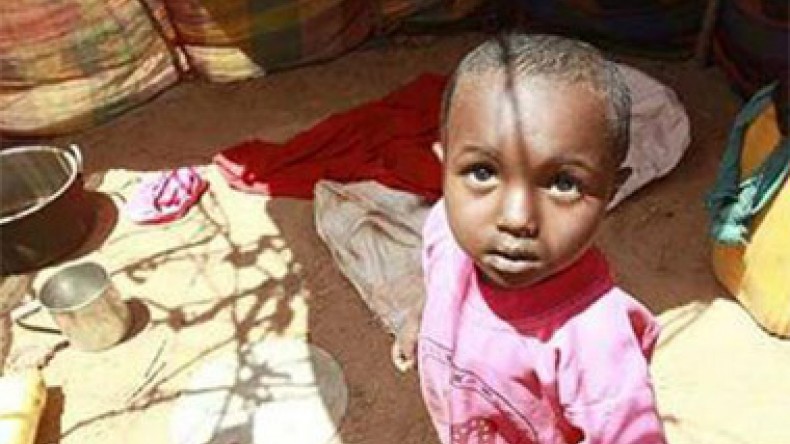
Somalia famine killed close to 260,000 people
Between 2010 and 2012, more than a quarter of a million people died in the famine in Somalia -- in part because the world was too slow to react, the U.N. humanitarian coordinator for Somalia said Thursday, according to CNN.
Half of the 258,000 Somalis who died in the famine were children younger than 5, Philippe Lazzarini said in a statement.
The report, jointly commissioned by the United Nations Food and Agriculture Organization and the USAID-funded Famine Early Warning Systems Network, is the first scientific study on deaths in the crisis.
It "confirms that we should have done more before famine was declared on 20 July 2011," Lazzarini said.
The world did not do enough after warnings in 2010 that starvation loomed following severe drought. And the people who needed help the most were extremely inaccessible, he said.
"The suffering played out like a drama without witnesses."
A massive mobilization of the humanitarian community followed the official U.N. declaration of famine, said Lazzarini, which "helped mitigate the worst effects of the crisis."
The study, which covered the period from October 2010 to April 2012, suggests that an estimated 4.6% of the total population and 10% of children younger than 5 died in southern and central Somalia.
In the worst-affected area, Lower Shabelle, close to one in five children younger than 5 died.
At the peak of the crisis, between May and August 2011, famine and severe food insecurity claimed some 30,000 lives a month, the report said.
The United Nations has been working with its humanitarian partners to change the way they operate, Lazzarini said. Some 2.7 million people in Somalia are still in need of life-saving assistance.
Newsfeed
Videos






























